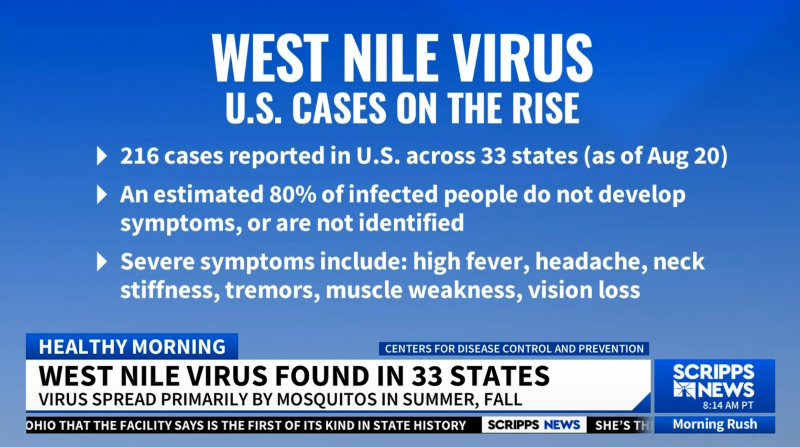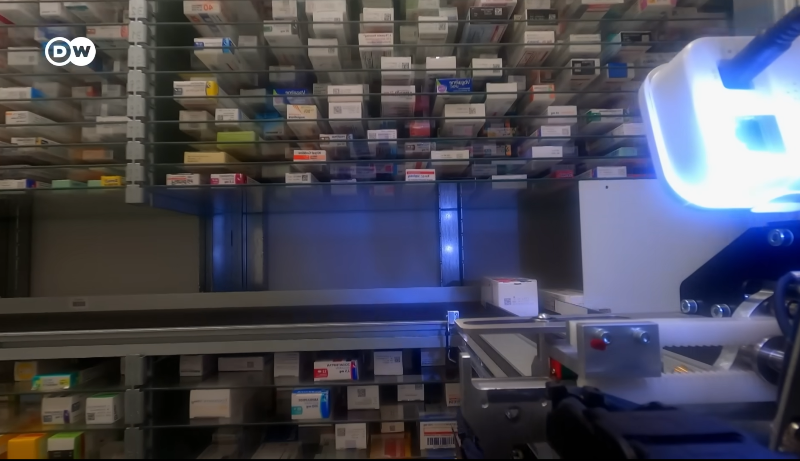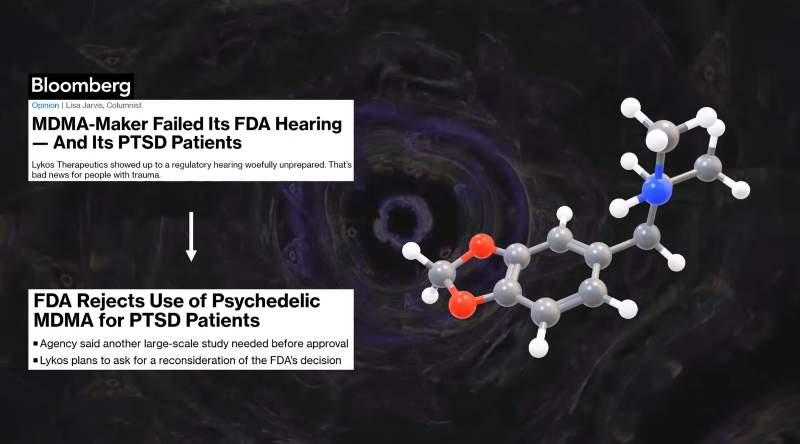by University College London
Pie chart depicting the self-reported ethnicity of the respondents (n, %) in this survey (n = 171). Credit: European Radiology (2024). DOI: 10.1007/s00330-024-10839-9
Children and young people are generally positive about artificial intelligence (AI) and think it should be used in modern health care, finds the first-of-its-kind survey led by UCL and Great Ormond Street Hospital (GOSH). The findings are published in the journal European Radiology.
The national study asked children and young people aged six to 23 years old, across all four UK nations for their views on how they would like AI to be used to enhance their health care.
The team was led by Professor Susan Shelmerdine (UCL Great Ormond Street Institute of Child Health and GOSH) and Dr. Lauren Lee, a Young Facilitator in the GOSH Young Persons' Advisory Group (YPAG)—a group that works with GOSH to ensure young people's views are considered.
AI is becoming more available in modern health care, particularly in the field of radiology, where it can be used to analyze scans. But while the radiology community, including children's radiologists, are generally positive about AI use, little attention has been paid to how children and young adults feel about the use of AI on their own imaging data.
The results of the survey, which was co-developed with a steering committee of patients and caregivers from the GOSH YPAG and GOSH parents and Carer Advisory Group (PCAG) for research showed that children and young people are cautious, but generally positive about AI.
The survey results found that young people were keen for AI to be used in health care, particularly if it could improve their care and outcomes. However, they wanted the tools to be supervised by health care professionals as they feel there are elements of care such as empathy and ethical decision making, that AI cannot mimic and when faced between a human and computer they would be more willing to trust the human.
For specific questions asked about radiology, respondents felt that AI would be accurate at finding problems on bone X-rays and they didn't mind how long the results took, as long as they were as accurate as possible, and that the AI was used with a trusted doctor still in charge of their care.
The study's findings are already being incorporated into research based at GOSH, evaluating and developing AI tools to better detect and describe fractures from a large dataset of X-ray scans in children across Britain. The online survey was sent out to schools, universities and charity partners, encouraging children and young adults to respond over a one-year period.
Lead researcher, Professor Susan Shelmerdine (UCL Great Ormond Street Institute of Child Health and GOSH) and her team are hoping to develop AI tools that can create written reports direct from radiology images and allow patients to ask the AI questions about their imaging.
Professor Shelmerdine said, "The number of trained children's radiologists in the UK is relatively small, so tools like AI could help upskill our workforce to enable more equitable care for patients who don't have the option to visit specialist hospitals like GOSH.
"Nevertheless, we cannot assume that we know what children want. It was encouraging to see that when asked, children and young people were positive about the use of AI in their health care, but it was also important to understand what was important to them—such as human oversight—so that we can factor this into the development of new tools and treatments."
Study co-lead and Young Facilitator, Dr. Lauren Lee of Epsom and St Helier University Hospitals NHS Trust, said, "There are a lot of discussions about how AI can help to facilitate health care. Until this study, no one has really asked the younger generation how we feel about it, especially as we will be growing up alongside AI developments.
"It has been great to be able to give young people a voice in this space."
More information: Lauren Lee et al, "How I would like AI used for my imaging": children and young persons' perspectives, European Radiology (2024). DOI: 10.1007/s00330-024-10839-9
Provided by University College London







Post comments